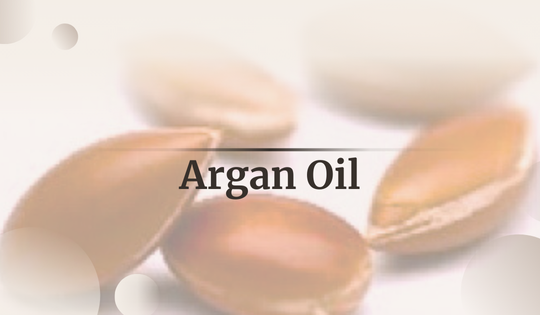Tooth extraction is a common dental procedure that may be necessary due to severe decay, infection, overcrowding, or damage. After undergoing this procedure, it’s essential to take care of the extraction site to promote healing and prevent complications. One crucial aspect of post-tooth extraction care is eating the right foods to support the healing process.
For more detailed information on post-tooth extraction diet recommendations and dental care tips, อ่านเพิ่มเติม on Ruam Dental’s website. As the best dental clinic in Bangkok, Ruam Dental offers expert advice and services to help you maintain optimal oral health and recover from dental procedures efficiently.
Immediately After Extraction
In the immediate aftermath of a tooth extraction, it’s crucial to allow the blood clot to form and protect the extraction site. This means avoiding any hard, crunchy, or sticky foods that could dislodge the blood clot and disrupt the healing process. Stick to soft foods and liquids for the first 24 hours, as the extraction site may be tender and sensitive. Some suitable options during this period include smoothies, pureed soups, yogurt, and mashed potatoes.
Days 1-3
During the first few days after the extraction, continue to focus on soft foods that don’t require much chewing. Incorporate nutrient-dense options such as steamed vegetables, fruit smoothies, oatmeal, and protein shakes to support the healing process. It’s important to avoid using a straw when consuming liquids, as the suction motion could dislodge the blood clot and lead to a painful condition known as dry socket.

Days 4-7
As the extraction site continues to heal, you can gradually introduce more solid foods into your diet. Opt for soft, easy-to-chew foods such as scrambled eggs, pasta, steamed vegetables, and soft fruits. Chewing should be done on the opposite side of the extraction site to avoid putting pressure on the healing area. Avoid spicy and acidic foods that could cause irritation, as well as crunchy or tough foods that could get stuck in the extraction site.
Beyond the First Week
After the first week, most patients are able to resume their regular diet, although it’s still advisable to avoid hard or sticky foods that could cause discomfort or disrupt the healing process. Maintain good oral hygiene by gently brushing your teeth and rinsing your mouth with salt water or a prescribed mouthwash to prevent infection.
It’s important to monitor your healing progress and follow any specific dietary instructions provided by your dentist. If you experience prolonged pain, excessive bleeding, or any other concerning symptoms, consult your dental professional immediately.
Conclusion
Eating the right foods after a tooth extraction is crucial for supporting the healing process and avoiding complications. By following these dietary guidelines, you can promote optimal healing and minimize discomfort during the recovery period.
